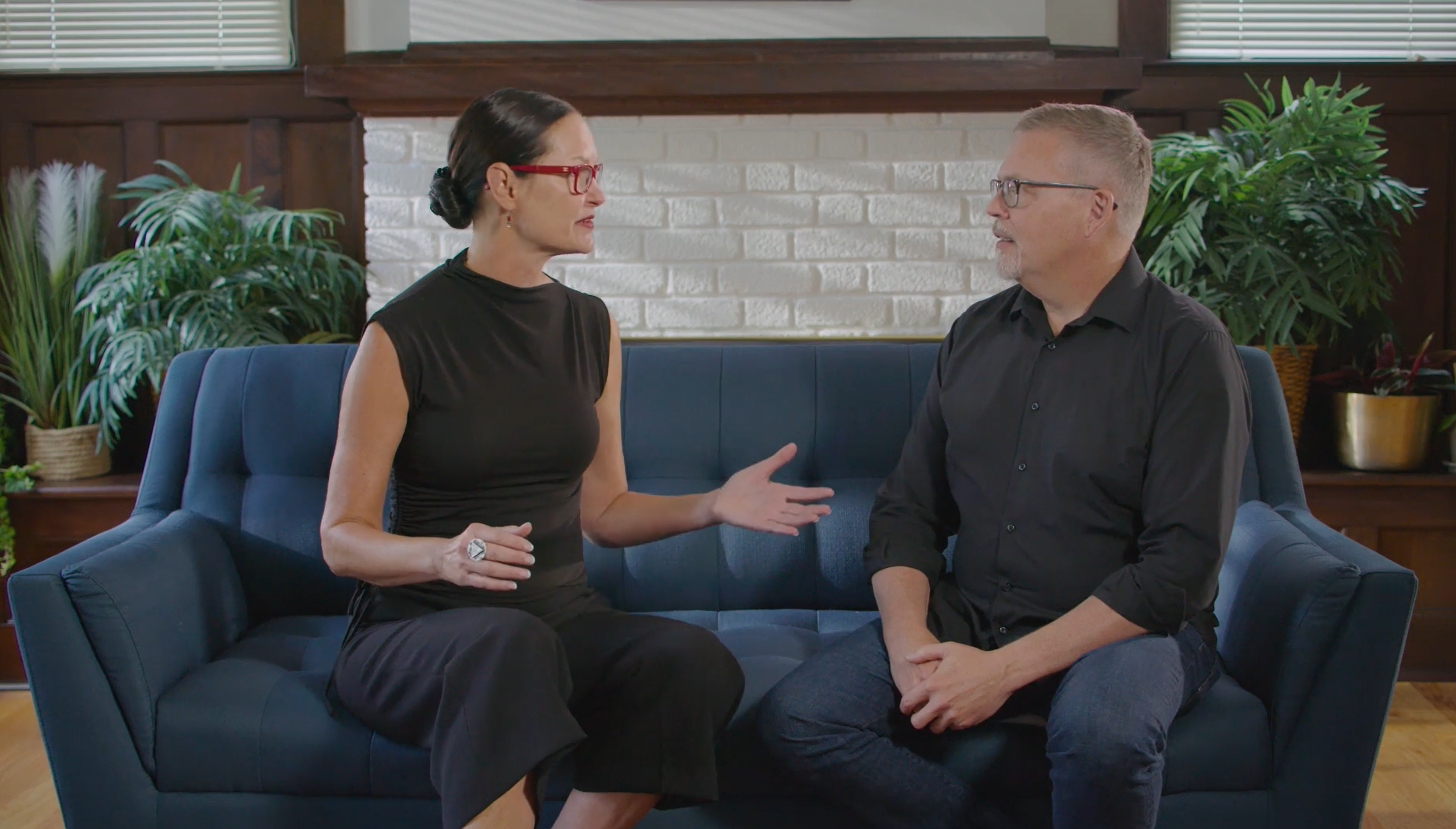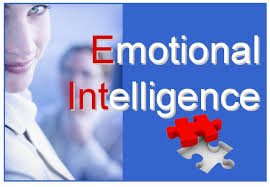We’ve all been there. You’re meeting with a donor about something you think they’re going to love because it matches their passions, and you start to notice that they seem… checked out. They’ve gotten quiet. Then what happens? Your mind starts spinning, you’re short of breath, and you’re worried you’ve said something wrong. That’s your body going into fight-or-flight mode. And it takes your focus off the donor.
Here’s where emotional intelligence (EQ) comes in.
When you’re able to manage your own emotions, it allows you to stay open and curious, so you can refocus on the donor. So, when you notice yourself tightening up, adjust your body. Do some subtle movements to help yourself realign. Then, check in with your donor. Listen to where they are and show them that you are their true partner in matching their passions to a cause that’s meaningful to them.
In this Question of the Month video, we’ll share a few tips on how EQ can make you a better partner to your donors.
Read the Full Transcript below:
Jeff Schreifels
Hi, and welcome to the Question of the Month. This month. I’m excited to have Karen Kendrick with us today. Karen is the Director of Learning for Veritus Group, and will be sharing some valuable information to help us answer this month’s question. And that is this: How does emotional intelligence make me even a better fundraiser? So welcome, Karen.
Karen Kendrick
Thank you, Jeff, so much. You’ve, I know I’ve been in these situations, if you’ve been in these situations where you meet with a donor, and you’re talking about something you think they’re gonna really love and be passionate about. And all of a sudden, you notice they seem a little checked out. You ever have that happen? Yeah. And then what happens? Your mind starts spinning, and then you get really short of breath, and you get stressed, and you’re worried that they’re bored or upset with you, or you’re doing something or doing something wrong to you, you shut down the meeting pretty quickly, right? And so that’s going into fight and flight, all of us do that. That’s really natural.
Karen Kendrick
So with emotional intelligence, you’re able to be aware of yourself, and then be able to self-manage and regulate to then be present to what’s happening with the donor, and not just react and assume, but actually find out what’s happening, what’s going on. So let’s say that’s happening, you’re sharing that with a donor, and they seem a little checked out. And so, to help you with your self and to self-regulate, start with some self-talk. Say something like, “Karen, just be present to where they are, just be their partner.” And then you need to help your system because right, you’re going into fight and flight. So it’s like, you need to manage that. That surge of hormones, it’s happening. So do things like take a breath. You can uncross your arms and legs, wiggle your toes, it gets you more present, and really slows down that surge of energy that’s happening.
Karen Kendrick
And then just ask questions. This is the part that’s really simple, but hard to get to, right? Say something like, “You know, I’ve been talking for a while, Jeff, what’s coming up for you?” Or, “Where are you right now?” And that gives a chance for you to check in to what’s actually happening with your donor. It might be that they’re thinking about how they’re going to fund the program you’re talking about right now. That’d be really cool. Or maybe they are upset. You know, maybe there’s something that’s happened in the past. And so you’re able to sit and say, “You know, Jeff, tell me more about that. Tell me what’s happened.” And listen to where they are, and share with them, how you’re planning to serve them and share how they’re making a difference, and be able to become their true partner that they trust more. Because you’re not just driving home some issue or topic, you’re actually paying attention, tuning in, listening, caring, having empathy. And so emotional intelligence helps you manage what comes up, how you’re reacting, tune into your donor, and be able to really be present to them and create a partnership.
Jeff Schreifels
Wow, that was that was a fantastic answer, Karen. And I want to thank everyone for joining us on Question of the Month, and we’ll see you next month.
—
Looking for more on developing your EQ and building deeper relationships with your donors? Check out these resources:







0 Comments